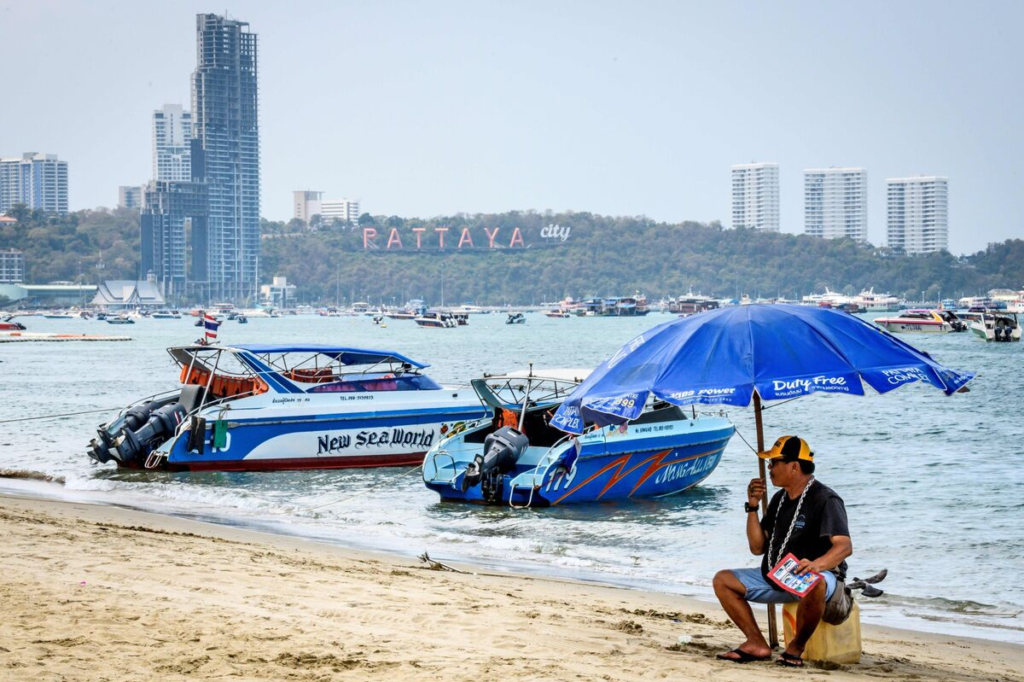According to Thai government spokeswoman Traisuree Taisaranakul, nine and a half million international visitors have entered Thailand so far this year, with three million traveling directly to Pattaya. Pattaya contributed around one-third of the US$11 billion in benefits to the national economy. The Bank of Thailand predicts that there would be 28 million arrivals over the entire year, down from 40 million in the year before the pandemic.
To maximize the influx, Thai officials have created a number of plans. Due to a lack of planes and Beijing authorities’ delays in issuing new passports, Chinese arrivals around the country have been slow, but are predicted to surge to multiple flights per hour by the end of the summer.

The 15-day entry visa for Chinese nationals is being made simpler by Thai immigration by allowing paperwork to be completed prior to departure. While this is going on, citizens of 60 nations—including Australia, the US, the UK, and most of mainland Europe—can extend their 30-day visa-free entry status for an additional month without having to leave the country.A representative for the Pattaya Entertainment Collective claimed that following the epidemic, nightlife had largely returned to normal.
She also mentioned cannabis, which had a clearly blurred line between its use for medical and recreational purposes. Particularly on weekends, the resort is crowded and there are long traffic lines in and near the city center. According to the eastern Thailand hoteliers association, finding enough workers has been the biggest issue for Pattaya employers in the hospitality sector, particularly in hotels. More laborers are being hired from Myanmar, Cambodia, and Laos, with whom the Thai government has Memorandums of Understanding, in an effort to close the deficit.
The main factor sustaining our growth this year will be tourism, according to Thitima Chucherd, an analyst at the Siam Commercial Bank. However, the threat stems from the Thai general election on May 14. The majority of seats in the 500-member House of Representatives were won by pro-democracy parties, but the choice of the prime minister will also be heavily influenced by the votes of the 250 military-appointed, unelected Senators.
The likelihood of yet another military intervention is generally downplayed by commentators; however, investors are already concerned about the possibility of a protracted and bitter parliamentary conflict or an unstable minority government, which would necessitate an odd self-coup. Krystal Tan from the Australian and New Zealand Banking Group predicted that the arrivals growth would slow down as it has in the previous two decades if political tensions spilled over into the streets. But if everything goes as planned, a new administration should take office by August.





